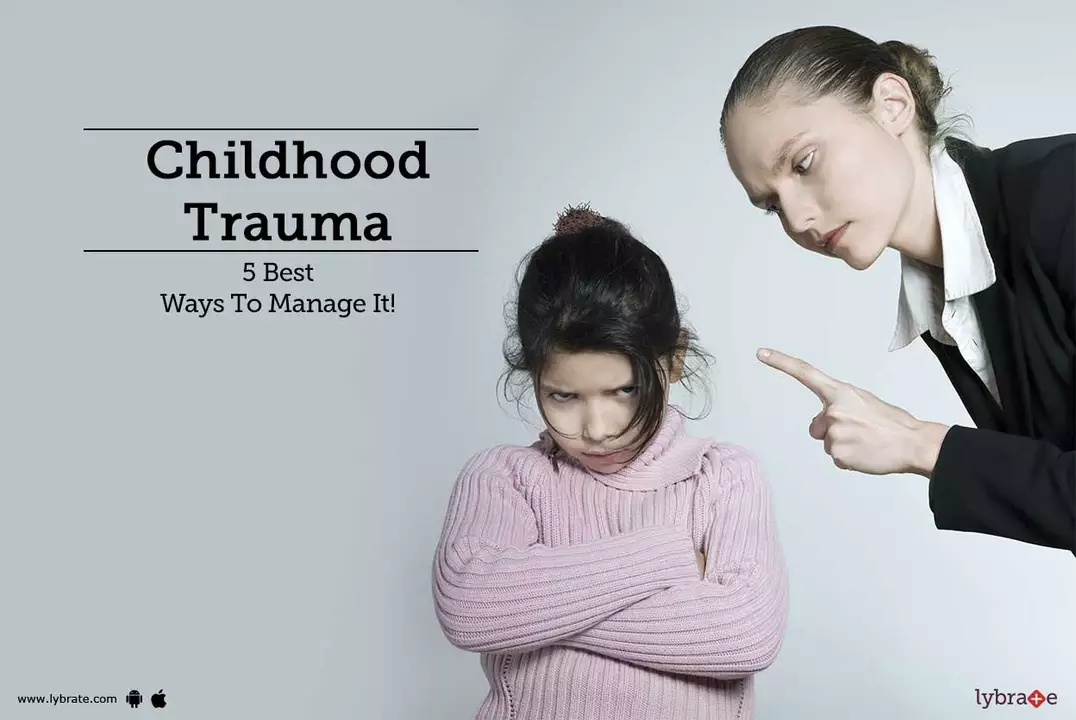Behavior Disorders: Signs, Help, and Practical Tips
Behavior disorders can be confusing and stressful for families, teachers, and the people affected. They show up as repeated trouble with following rules, managing emotions, staying focused, or getting along with others. Knowing common signs and simple steps to get help makes life easier right away.
Common types include attention deficit hyperactivity disorder (ADHD), oppositional defiant disorder (ODD), conduct disorder, and behavior issues linked to autism or mood disorders. Kids with ADHD often struggle with focus, impulsivity, or staying still; ODD shows as frequent arguing, blaming, or defiance. Conduct disorder involves more serious rule breaking like theft or physical fights and needs prompt attention.
Causes vary: genetics, brain differences, stress at home, sleep problems, learning struggles, or substances can all play a role. A proper assessment looks at medical history, behavior across places (home and school), and screening for hearing, vision, or learning issues. Doctors may use brief questionnaires, teacher reports, and sometimes psychological testing to build a clear picture.
Treatment usually mixes behavior strategies, parent training, school adjustments, and medication when needed. Behavior therapy teaches skills like calm down routines, clear rewards and consequences, and problem solving. Parent coaching helps adults set consistent rules and reduce punishment that makes problems worse. Medication can cut impulsivity or severe aggression in some cases, but it works best with therapy and supports.
Practical daily tips help right away: keep routines simple, give one instruction at a time, and reward small wins. Use calm voice, short clear consequences, and predictable schedules so kids know what to expect. Work with the school on an individual plan: seating changes, breaks, task breakdowns, or extra help can make big differences. If sleep, diet, or hearing are off, fix those first — they often change behavior more than you expect.
Call a doctor if behavior harms safety, school is failing, or the child talks about hurting themselves. Seek urgent help for severe aggression, self-harm, or threats — emergency services or a crisis team can intervene quickly. Long term, aim for consistent rules, supportive relationships, and treatment that fits the child’s age and needs.
Good help exists: pediatricians, child psychiatrists, psychologists, school counselors, and behavior therapists know what to do. Start with one realistic change—shorter lists, clear rules, a bedtime—and you’ll often see steady improvement in weeks. If you’re feeling stuck, ask the doctor for a behavior plan or a referral; getting help early saves stress and time.
Example: reward chart for chores with small daily prizes often cuts arguing and boosts cooperation in two to four weeks. Try timers for work periods, labeled bins for tasks, and a calm spot for cooling down when emotions spike. Parent support groups and short coaching sessions can teach practical ways to stay consistent when things get hard. Remember, improvement takes time; small steady changes beat big strict plans that people can’t keep.
Look for local clinics, evidence-based parenting programs, or trusted websites for guides and worksheets. You don’t have to fix it alone—small steps and the right help change lives. Start today.

The link between childhood trauma and behavior disorders
In my latest research, I've discovered a strong link between childhood trauma and behavior disorders. It seems that children who experience trauma at a young age are more likely to develop issues like ADHD, oppositional defiant disorder, and conduct disorder. This connection highlights the importance of early intervention and support for children who've undergone traumatic experiences. As a society, we need to prioritize mental health and address childhood trauma to help prevent these behavior disorders from developing. I believe that by understanding this connection, we can work towards creating a healthier and happier future for our children.
read more




